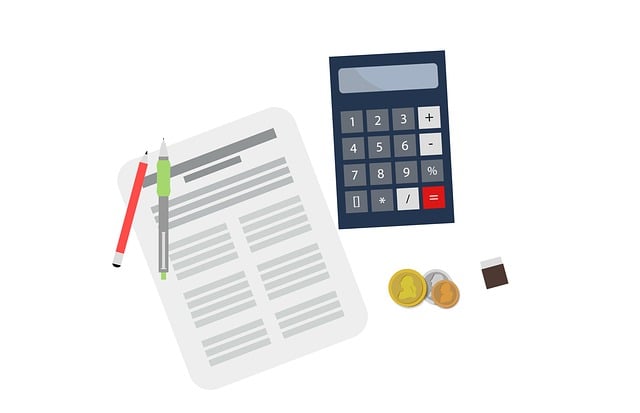Factoring has become a popular form of alternative financing for businesses. Rather than seeking a traditional business loan — or equity financing — some businesses tap into their outstanding invoices. Factoring allows businesses to turn their outstanding invoices into cash. While factoring may sound like a simple enough form of financing, though, there are a few widespread myths surrounding it. Here are five common myths about factoring that you shouldn’t believe.
5 Common Myths About Factoring
#1) It’s a Loan

Factoring is not a loan. Rather, it’s an alternative financing vehicle that involves the sale of unpaid invoices. You can sell some or all of your business’s unpaid, outstanding invoices to a factoring company.
#2) All Factoring Is the Same
Not all factoring is the same. There’s recourse factoring, and there’s nonrecourse factoring. The former is the most common. With recourse factoring, you’ll have to buy back the invoices that the factoring company is unable to collect payment on. The factoring company will initially attempt to collect payment from the invoices’ customers. If a customer doesn’t pay his or her invoice, the factoring company may require you to buy back that invoice. Nonrecourse factoring is the opposite. The factoring company will take full responsibility for the invoices, regardless of whether the customers pay them.
#3) No Different Than Invoice Financing
Another common myth is that factoring is no different than invoice financing. While they both involve the use of invoices, they are two different types of financing. Factoring involves the sale of unpaid invoices to a factoring company. Invoice financing, on the other hand, involves the use of unpaid invoices to secure a loan from a lender.
#4) Factoring Fees Are Expensive
You might be surprised to learn just how little factoring companies charge for their services. There are factoring fees that you’ll have to pay. And while the amount of a factoring fee can vary, most factoring companies only charge a fee of 1% to 5%.
#5) Requires Good Credit
You don’t need good credit to secure financing through a factoring company. Factoring companies don’t care about your credit; they typically only care about your invoices — specifically the value of your business’s unpaid invoices. As long your business has unpaid invoices, you can sell some or all of them to a factoring company. Maybe you have bad credit, or perhaps you don’t have any credit. With factoring, credit concerns won’t affect your ability to secure financing.
This article was brought to you by Intrepid Private Capital Group, a Global Financial Services Company. For more information on startup and business funding, or to complete a funding application, please visit our website.










+ There are no comments
Add yours